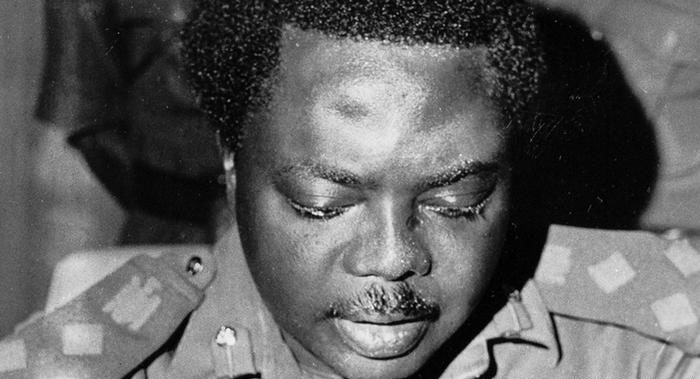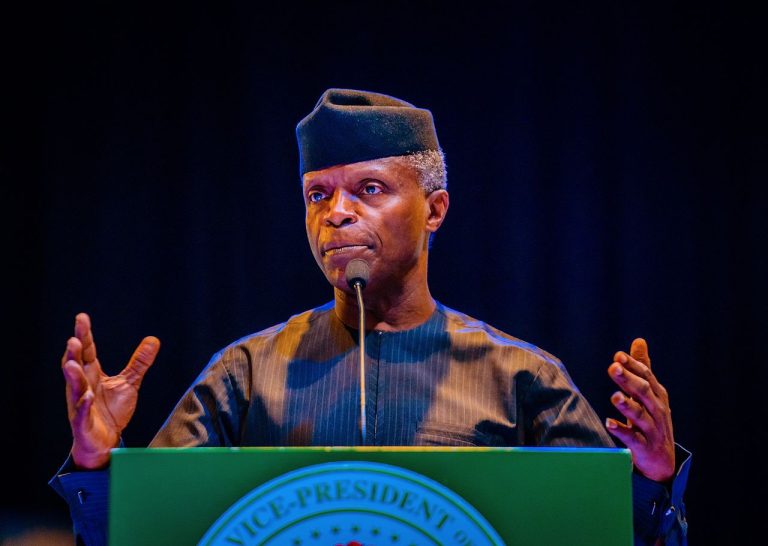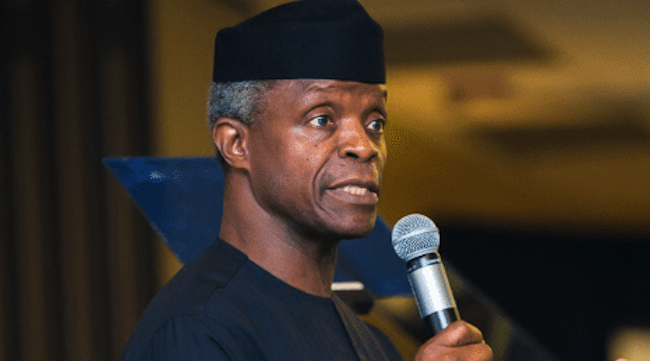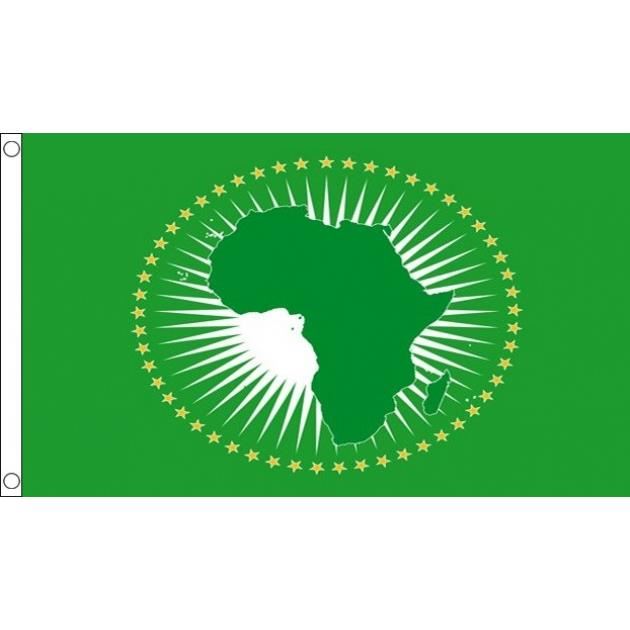Brigadier Murtala Muhammed’s First Address as the New Head of State – July 30, 1975

Fellow Nigerians, Events of the past few years have indicated that despite our great human and material resources, the Government has not been able to fulfill the legitimate expectations of our people. Nigeria has been left to drift. This situation, if not arrested, would inevitably have resulted in chaos and even bloodshed.
Download the first chapter of The Storytelling Series: Beginners’ Guide for Small Businesses & Content Creators by Obehi Ewanfoh.
In the endeavour to build a strong, united and virile nation, Nigerians have shed much blood. The thought of further bloodshed, for whatever reasons must, I am sure, be revolting to our people. The Armed Forces, having examined the situation, came to the conclusion that certain changes were inevitable.
After the civil war, the affairs of state, hitherto a collective responsibility, became characterized by lack of consultation, indecision, indiscipline and even neglect. Indeed, the public at large became disillusioned and disappointed by these developments.
This trend was clearly incompatible with the philosophy and image of a corrective regime. Unknown to the general public, the feeling of disillusionment was also evident among members of the armed forces whose administration was neglected but who, out of sheer loyalty to the Nation, and in the hope that there would be a change, continued to suffer in silence.
Check out also this article – The Nigerian Dream – A Vision of Hope
Things got a stage where the head of administration became virtually inaccessible even to official advisers; and when advice was tendered, it was often ignored.
Responsible opinion, including advice by eminent Nigerians, traditional rulers, intellectuals, et cetera, was similarly discarded. The leadership, either by design or default, had become too insensitive to the true feelings and yearnings of the people. The nation was thus plunged inexorably into chaos.
It was obvious that matters could not, and should not, be allowed in this manner, and in order to give the nation a new lease of life, and sense of direction, the following decisions were taken:
1. The removal of General Yakubu Gowon as Head of the Federal Military Government and Commander in Chief of the Armed Forces.
2. The retirement of General Yakubu Gowon from the Armed Forces in his present rank of General with full benefits, in recognition of his past services to the nation.
3. General Gowon will be free to return to the country as soon as conditions permit; he will be free to pursue any legitimate undertakings of his choice in any part of the country. His personal safety and freedom and those of his family will be guaranteed.
4. The following members of the Armed Forces are retired with immediate effect:
Vice Admiral JEA Wey – Chief of Staff, Supreme HQ, Major-General Hassan Katsina – Deputy Chief of Staff,Supreme HQ,
Major-General David Ejoor – Chief of Staff(Army),
Rear Admiral Nelson Soroh – Chief of Naval Staff,
Brigadier EE Ikwue – Chief of Air Staff, and all other officers of the rank of major general (or equivalent) and above.
Alhaji Kam Salem – Inspector General of Police,
Chief TA Fagbola – Deputy Inspector General of Police
5. Also with immediate effect, all the present Military Governors, and the Administrator of East Central State, have been relieved of their
appointments and retired.
You might also like to read – The Nigerian Election 2023 On Twitter
6. As you are already aware, new appointments have been made as follows:
Brigadier TY Danjuma – Chief of Army Staff,
Colonel John Yisa Doko – Chief of Air Staff,
Commodore Michael Adelanwa – Chief of Naval Staff,
Mr. MD Yusuf – Inspector General of Police
New Military Governors have also been appointed for the States as follows:
1. Lt. Col. Muhammed Buhari, North East
2. Colonel George Innih, Midwest
3. Lt. Col. Sani Bello, Kano
4. Captain Adekunle Lawal (Navy), Lagos
5. Lt. Col. Paul Omu, South East
6. Colonel Ibrahim Taiwo, Kwara
7. Captain Akin Aduwo, (Navy), West
8. Col. Anthony Ochefu, East Central
9. Lt. Col. Usman Jibrin, North central
10. Col. Abdullahi Mohammed, Benue-Plateau
11. Lt. Col. Umaru Mohammed, North West
12. Lt. Col. Zamani Lekwot, Rivers
The Structure of Government has been reorganized. There will now be three organs of government at the federal level namely,
(i) The Supreme Military Council
(ii) The National Council of States
(iii) The Federal Executive Council
There will of course continue to be Executive Councils at the State level. The reconstituted Supreme Military Council will comprise the following:
The Head of State and C-in-C of the Armed Forces Brigadier Olusegun Obasanjo – Chief of Staff, SHQ Brigadier TY Danjuma – Chief of Army Staff
Commodore Michael Adelanwa – Chief of Naval Staff
Col. John Yisa Doko – Chief of Air Staff
Mr. MD Yusuf – IG of Police
GOCs –
1st Division, Brigadier Julius Akinrinade
2nd Division, Brigadier Martin Adamu
3rd Division, Brigadier Emmanuel Abisoye
L.G.O., Brigadier John Obada
Colonel Joseph Garba
Lt. Col Shehu YarAdua
Brigadier James Oluleye
Brigadier Iliya Bisalla
Colonel Ibrahim Babangida
Lt. Col Muktar Muhammed
Colonel Dan Suleiman
Captain Olufemi Olumide (NN)
Captain H Husaini Abdullahi (NN)
Mr. Adamu Suleman, Commissioner of Police
Lt. Col. Alfred Aduloju
Lt. Commander Godwin Kanu (NN)
All the civil commissioners in the Federal Executive Council are relieved of their appointments with immediate effect. The composition of the new Executive Council will be announced shortly.
Political Programme
We will review the political programme and make an announcement in due course. In the meantime, a panel will be set up to advise on the question of new states. A panel will also be set up to advise on the question of the federal capital.
With due regard to the 1973 population census, it is now clear that whatever results are announced will not command general acceptance throughout the country. It has, therefore, been decided to cancel the 1973 population census. Accordingly, for planning purposes, the 1963 census figures shall continue to be used.
A panel will be set up to advise on the future of the Interim Common Services Agency (ICSA) and the Eastern States Interim Assets and Liability Agency (ESIALA).
The Second World Black and African Festival of Arts and Culture is postponed in view of the obvious difficulties in providing all the necessary facilities. Consultations will be held with other participating countries with a view to fixing a new date.
Finally, we reaffirm this country’s friendship with all countries. Foreign nationals living in Nigeria will be protected. Foreign investments will also be protected. The government will honour all obligations entered into by the previous Governments of the Federation. We will also give continued support to the Organization of African Unity, the United Nations Organization, and the Commonwealth.
Fellow Countrymen, the task ahead of us calls for sacrifice and self-discipline at all levels of our society. This government will not tolerate indiscipline. The Government will not condone abuse of office.
I appeal to you all to cooperate with the Government in our endeavour to give this nation a new lease of life. This change of Government has been accomplished without shedding any blood; and we intend to keep it so.
Long live the Federal Republic of Nigeria.
Learn how to master your storytelling skills so you can build your influence. Download the first chapter of The Storytelling Series: Beginners’ Guide for Small Businesses & Content Creators by Obehi Ewanfoh.





